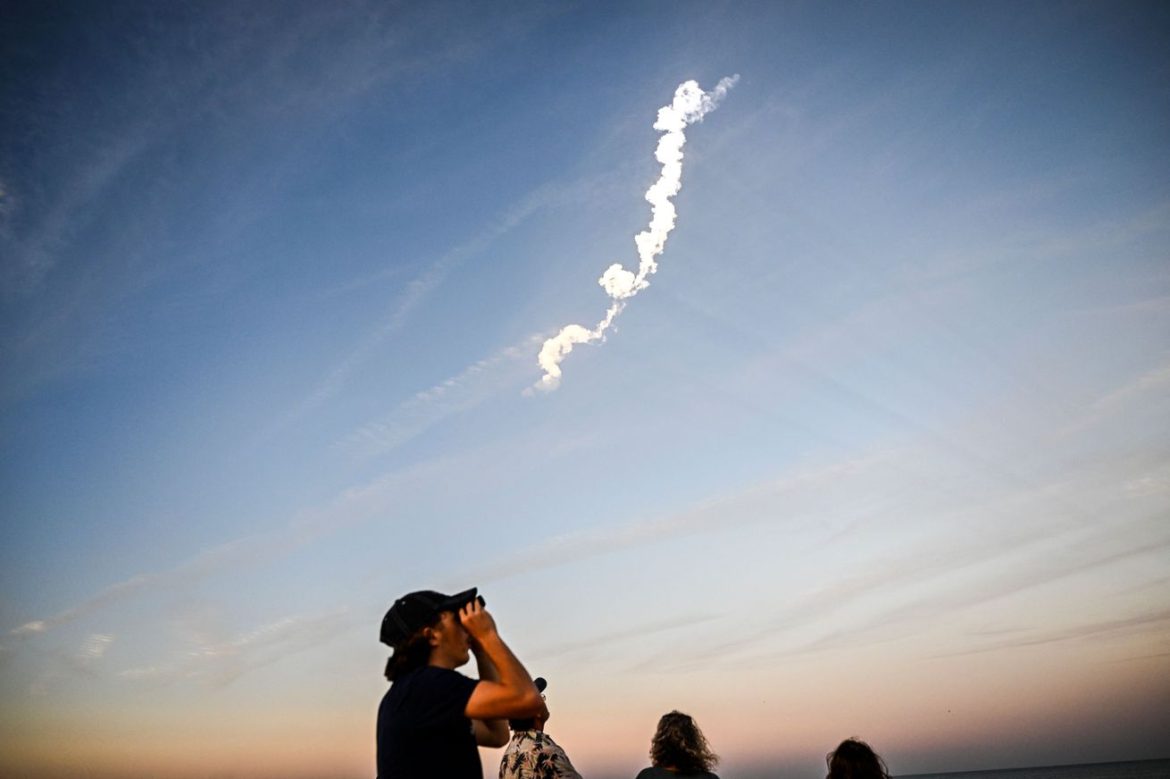
Categories Uncategorized
SpaceX’s Starlink and other satellite internet providers are making light pollution worse for astronomers
March 21, 2023

The swift rise of internet satellites, forming megaconstellations, and accumulating space junk are already starting to mess with astronomers’ research. The problem is growing exponentially, scientists warn in a series of papers published recently in the journal Nature Astronomy. And they want regulators to do something about it.
The swarm of satellites functioning in low Earth orbit has more than doubled since 2019, when space-based internet initiatives really started to take off. That year, SpaceX and OneWeb launched their first batches of satellites with the goal of providing global internet coverage. Orbiting the planet at a closer range than other satellites is supposed to make those services faster, cutting down how far signals have…
